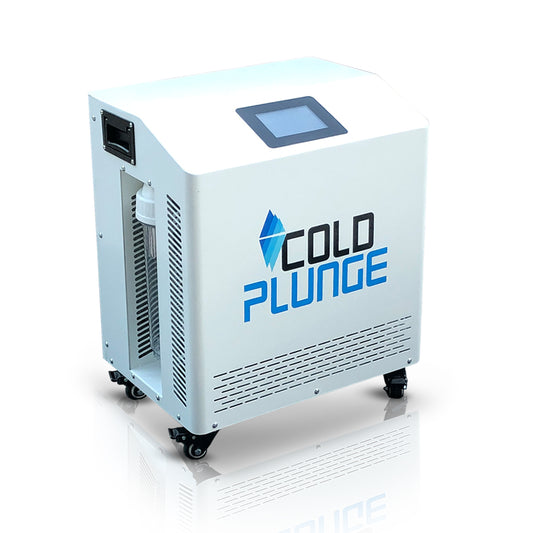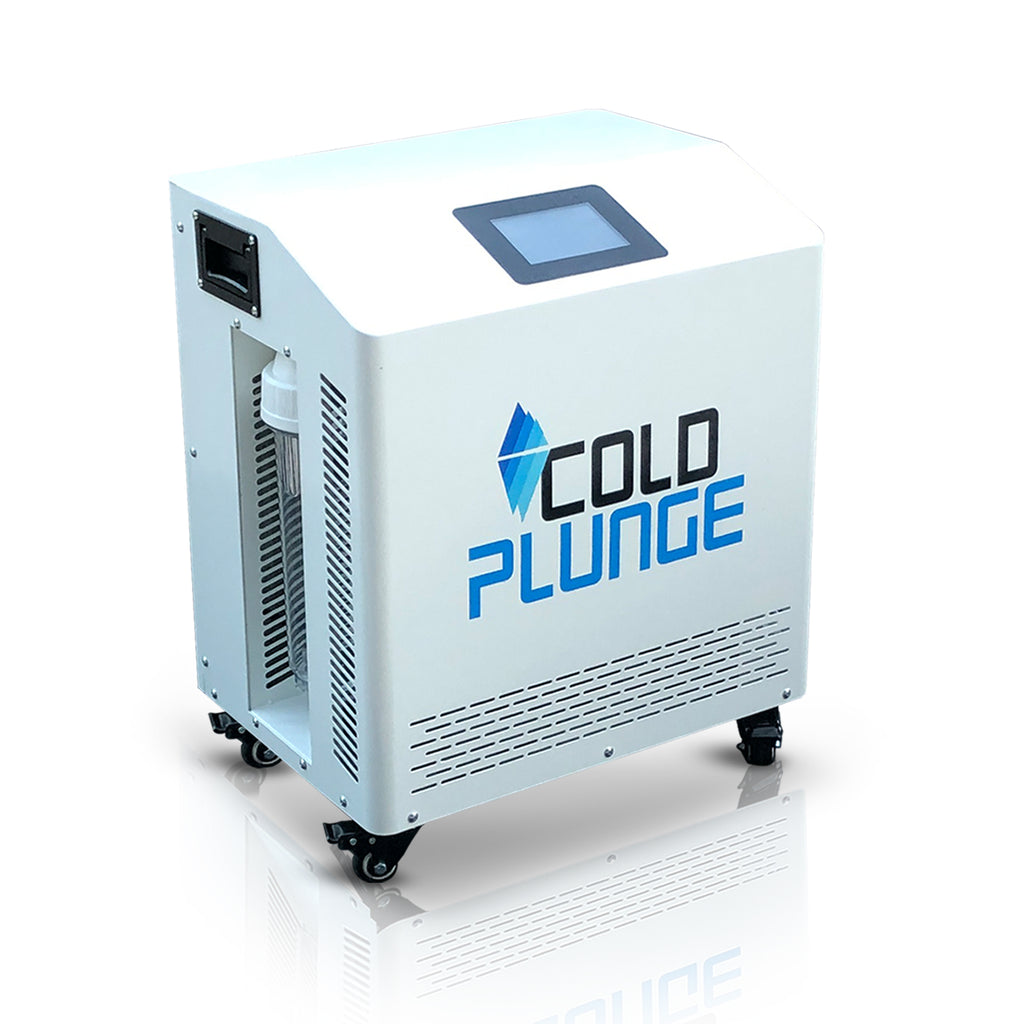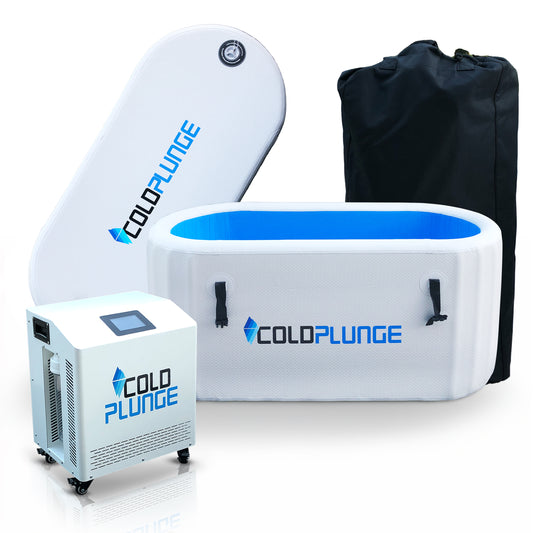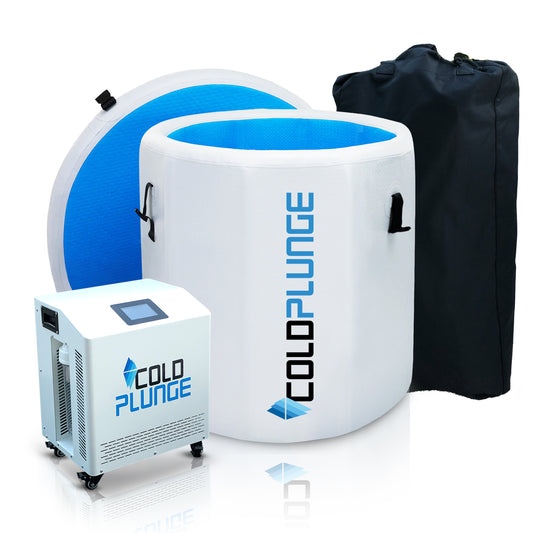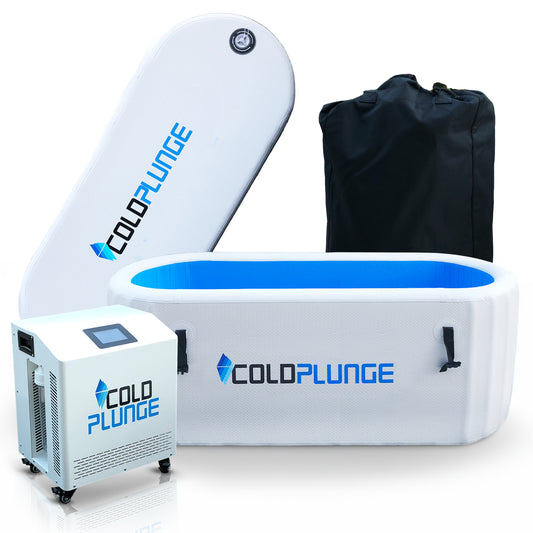Ice plunges, also known as cold water immersion or cold baths, are a recovery technique used by athletes to potentially speed up recovery, reduce muscle soreness, and enhance overall performance. This practice involves immersing oneself in cold water, typically with a temperature between 10°C to 15°C (50°F to 59°F), for a specific duration. Here's how ice plunges can benefit athletes:
-
Reduced Muscle Soreness:
-
Vasoconstriction: Cold water causes blood vessels to constrict, which can help reduce inflammation and swelling in muscles. This constriction can limit the release of inflammatory substances and reduce the perceived soreness in muscles.
-
Pain Relief: The cold water can also act as a natural analgesic, numbing the pain receptors in the muscles and providing temporary relief from muscle soreness and discomfort.
-
-
Faster Recovery:
-
Decreased Muscle Fatigue: Ice plunges can help reduce muscle fatigue by flushing out waste products like lactic acid and metabolic byproducts that accumulate during intense exercise. This helps muscles recover faster.
-
Enhanced Circulation: After an ice plunge, when an athlete warms up again, there is a rapid increase in blood flow. This increased circulation can aid in the delivery of oxygen and nutrients to the muscles, facilitating the repair and recovery process.
-
Reduced Swelling and Inflammation: Cold water immersion may help reduce post-exercise swelling and inflammation, which can speed up the healing process.
-
-
Enhanced Performance:
-
Improved Muscle Function: By reducing muscle soreness and fatigue, athletes may experience improved muscle function and performance in subsequent training sessions or competitions.
-
Mental Benefits: Ice plunges can also have psychological benefits. The shock of cold water can stimulate the release of adrenaline and endorphins, providing a sense of alertness, energy, and well-being. This can help athletes stay mentally sharp and focused.
-
-
Injury Prevention:
- Reduction in Microtrauma: Cold water immersion may reduce the risk of microtrauma (small injuries) to muscle fibers that can occur during intense workouts. By minimizing these micro-injuries, athletes may be less prone to overuse injuries.
-
Improved Sleep Quality:
- Relaxation and Stress Reduction: Cold water immersion can promote relaxation and reduce stress, potentially leading to improved sleep quality. Adequate rest and sleep are essential for an athlete's recovery and overall performance.
It's important to note that while ice plunges can offer benefits, they may not be suitable for everyone. Individuals with certain medical conditions, such as Raynaud's disease or cardiovascular problems, should avoid cold water immersion. Athletes should also consult with a healthcare professional or sports medicine expert to determine the appropriate duration and frequency of ice plunges for their specific needs and goals.
Ice plunges should be just one component of a comprehensive recovery plan that includes factors like proper nutrition, hydration, stretching, and adequate rest. Athletes should also listen to their bodies and adjust their recovery strategies based on individual responses and preferences.


